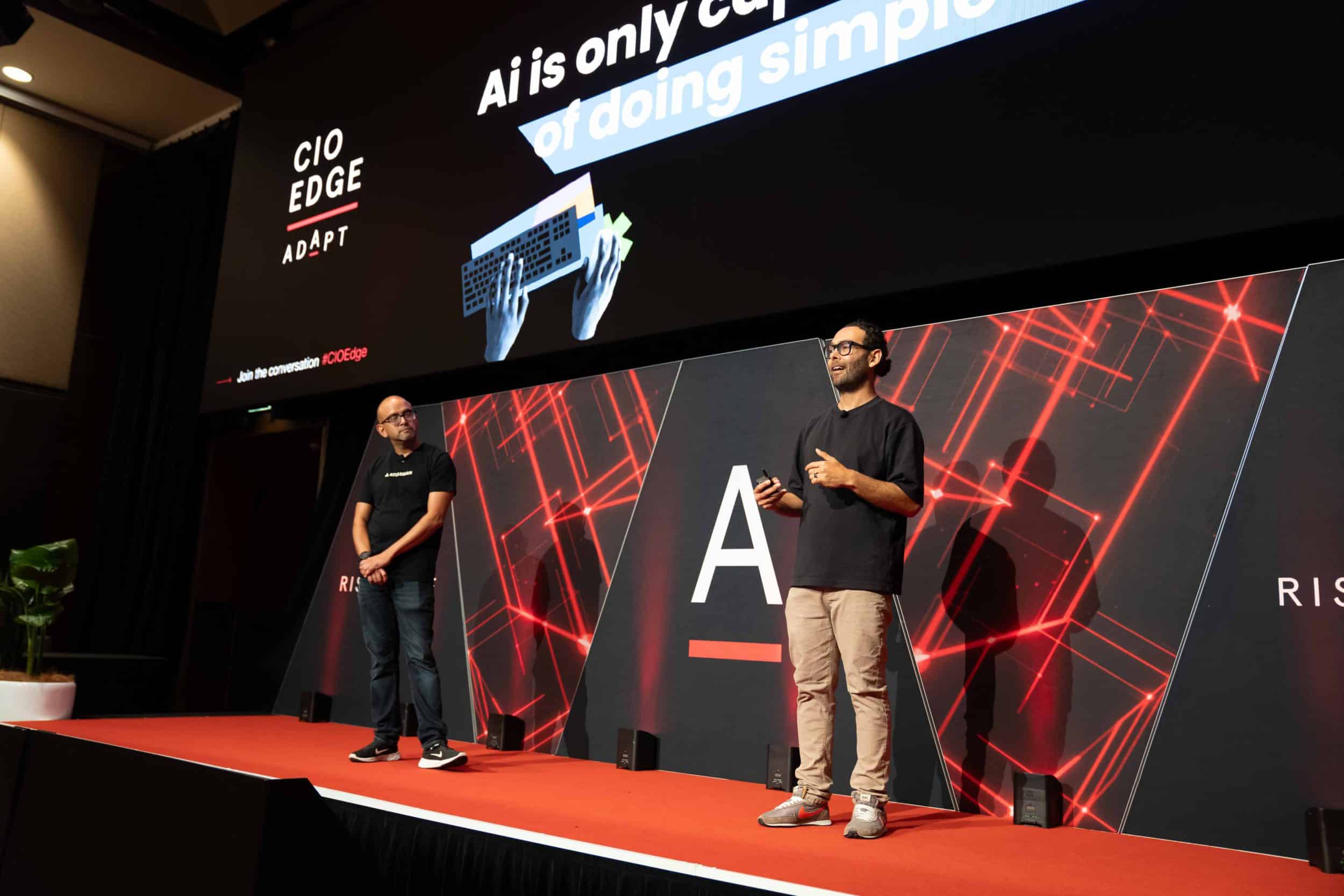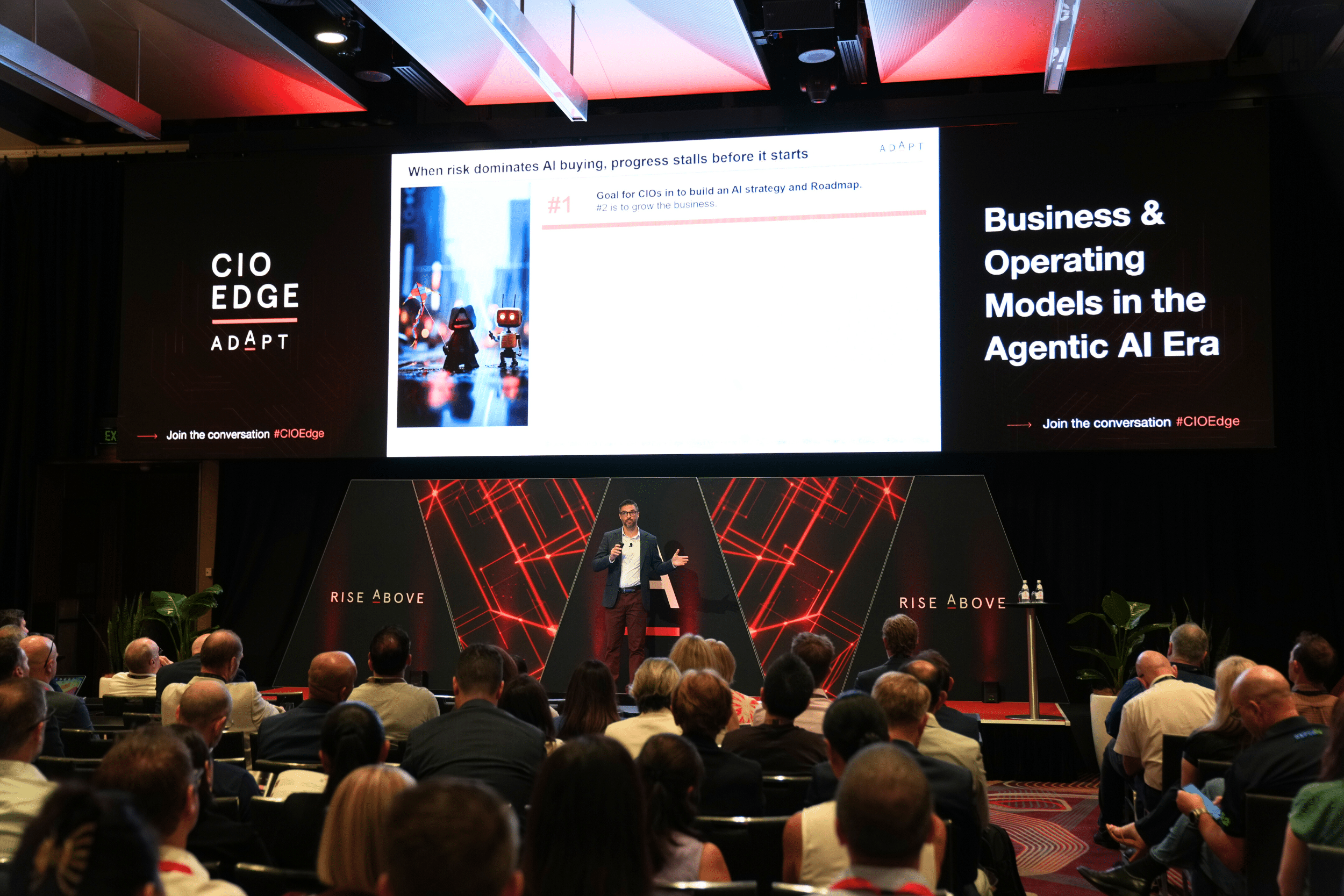Harnessing the Power of AI’s Second Wave: Insights from Evolved.AI’s CEO
In an interview with Byron Connolly, Head of Programs & Value Engagement at ADAPT, Dr. Michael Kollo, CEO of Evolved.AI, delves into the impact of generative AI across industries, particularly focusing on its pivotal role in the second wave of AI.In an interview with Byron Connolly, Head of Programs & Value Engagement at ADAPT, Dr. Michael Kollo, CEO of Evolved.AI, delves into the impact of generative AI across industries, particularly focusing on its pivotal role in the second wave of AI.
The Role of Generative AI in Modern Enterprises
With Dr. Kollo at its helm, is at the forefront of leveraging generative AI technologies. The organisation assists companies in maximising the benefits of generative AI, from executive workshops to developing custom software solutions.
Dr. Kollo’s insights shed light on the adoption trends in 2023 and the expected deeper integration in 2024.
In 2023, many enterprises experimented with these tools, and 2024 marks a year of deeper integration and scaling.
The effectiveness of generative AI tools, particularly in language applications such as document creation, reporting, and customer service, varies significantly among industries.
For some, these tools have become a top priority, necessary for staying competitive, while others view them as productivity enhancers.
The Industry Landscape and Adoption Challenges
Interestingly, Dr. Kollo observed that small to mid-sized companies have been more agile in adopting and experimenting with generative AI, particularly in financial services.
Larger companies, like CBA, are integrating these tools into their existing AI frameworks.
However, challenges persist, including the need for careful deployment, understanding limitations, and regulatory uncertainties.
Understanding and Utilising AI Effectively
One of the key insights from Dr. Kollo is the importance of understanding the capabilities and limitations of AI.
There is a tendency to overestimate its potential, leading to unrealistic expectations.
He advocates for a pragmatic approach, focusing on AI as a tool for specific tasks like communication and report writing, rather than an all-encompassing solution.
Who Should Drive AI Adoption?
Dr. Kollo addresses the crucial decision of AI adoption ownership within organisations.
He suggests a balanced approach where technical support and governance may be centralised, but the economic value and application of AI should be directed by business owners, ensuring alignment with business goals.
Dr. Kollo joins 150 CIOs and IT leaders at CIO Edge, discussing How to Prioritise and Lead a Progressive Technology Strategy.






























